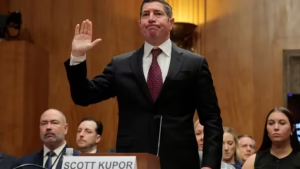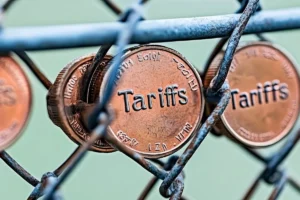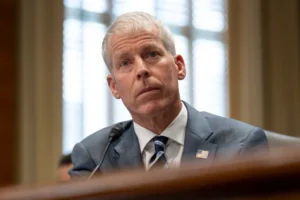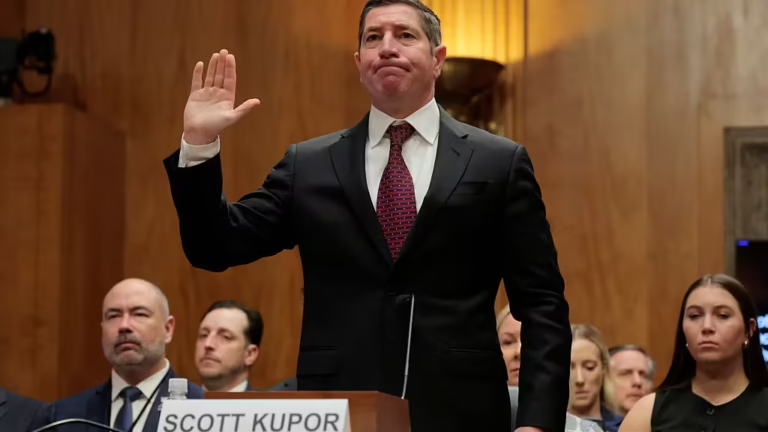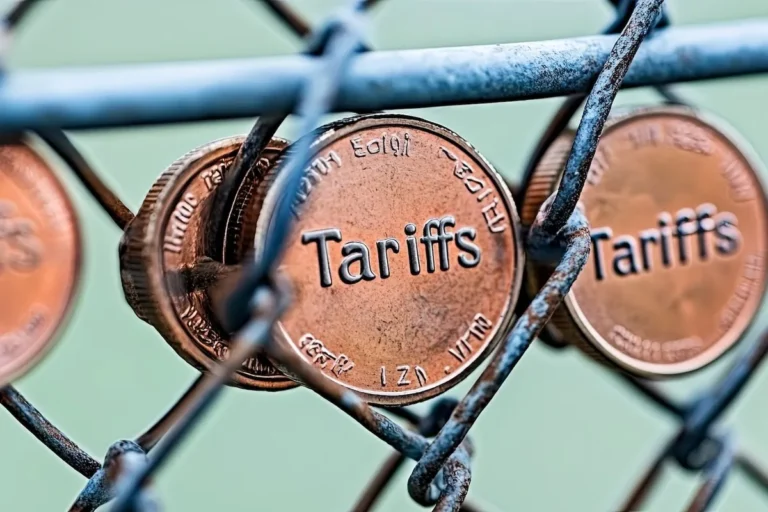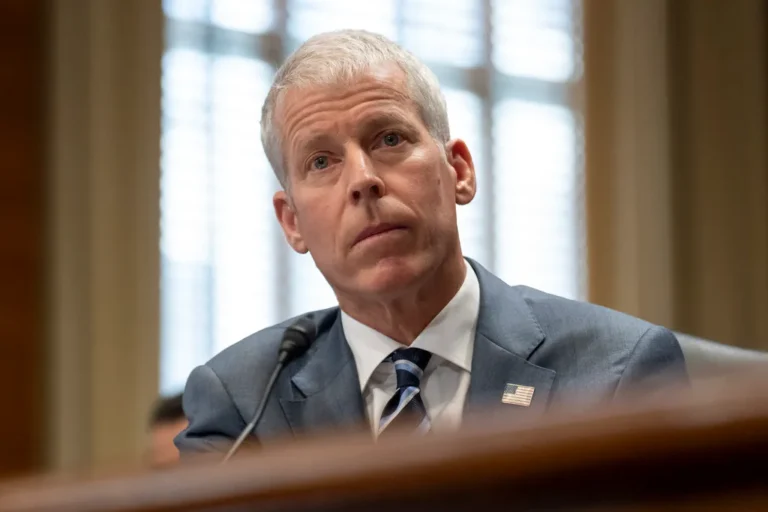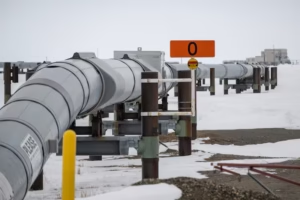Tensions Rise as Trump Pushes for Energy Independence
Trump Calls for Urgent Oil, Following U.S. airstrikes on Iranian nuclear facilities, President Donald Trump has called for an aggressive surge in domestic oil and gas drilling. The move comes amid fears that escalating conflict in the Middle East could trigger a global spike in energy prices.
In a bold message on his Truth Social platform, Trump addressed the U.S. Department of Energy (DOE) with a familiar phrase: “Drill, baby, drill,” and urged immediate action. He emphasized urgency by adding, “I mean now,” even though no significant oil disruptions have been reported after the strikes.
Trump Warns Against Price Hikes
Trump also cautioned energy market players to avoid raising oil prices, warning that doing so would aid America’s adversaries. In another post written entirely in capital letters, Trump stated, “Everyone, keep oil prices down, I’m watching! You’re playing into the hands of the enemy, don’t do it.”
The message appeared directed at traders, producers, and perhaps even foreign entities that influence global crude markets.
Energy Secretary Responds Swiftly
In response to Trump’s call, U.S. Energy Secretary Chris Wright posted on X, formerly Twitter, “We’re on it!” Though symbolic, the statement raised questions about what immediate steps the Energy Department could realistically take.
In the U.S., oil and gas drilling decisions are made by private companies, not the federal government. Although the Energy Department plays a key role in regulatory oversight and reserves management, production is driven largely by market forces and private investment.

Biden-Era Output Already at Record Highs
It’s important to note that under President Biden’s administration, U.S. oil and gas output has already reached record levels. According to the Energy Information Administration (EIA), the U.S. remains the world’s top oil and gas producer. However, Trump’s demand signals a return to a “drill-first” policy that prioritizes fossil fuel development over green energy initiatives.
Markets React to Middle East Conflict
Oil markets responded to the weekend’s airstrikes with volatility. Brent crude, the global oil benchmark, surged nearly 6% early Monday to a five-month high. However, prices eased in the afternoon, dipping 3% as Middle Eastern oil and gas shipments continued to flow.
Despite the tensions, tankers from the Persian Gulf were still navigating key transit routes. Traders, though cautious, remained hopeful that the conflict would not disrupt global supply chains significantly.
Strategic Petroleum Reserve: A Possible Tool
In case of serious supply disruptions, the U.S. can tap into the Strategic Petroleum Reserve (SPR), which holds approximately 403 million barrels of oil. Energy Secretary Wright also has the authority to initiate limited test sales or exchanges of up to 5 million barrels.
However, the Trump camp has criticized the Biden administration’s use of the SPR following Russia’s invasion of Ukraine in 2022. Trump’s team believes the emergency reserve should be preserved for true crises and not used to influence fuel prices.
Energy Dominance Strategy Revived
Doug Burgum, Trump’s Interior Secretary and head of the new National Energy Dominance Council, echoed the president’s message. On X, Burgum wrote that ramping up U.S. oil and gas production is vital for weakening the influence of “authoritarian regimes like Iran,” who rely on energy as a tool of geopolitical leverage.
The council, newly formed under Trump’s energy policy vision, seeks to revive fossil fuel dominance as a national security strategy. It aims to reduce American dependence on foreign oil while strengthening domestic infrastructure and production capacity.
For more latest news checkout our website: usnewsinsight

